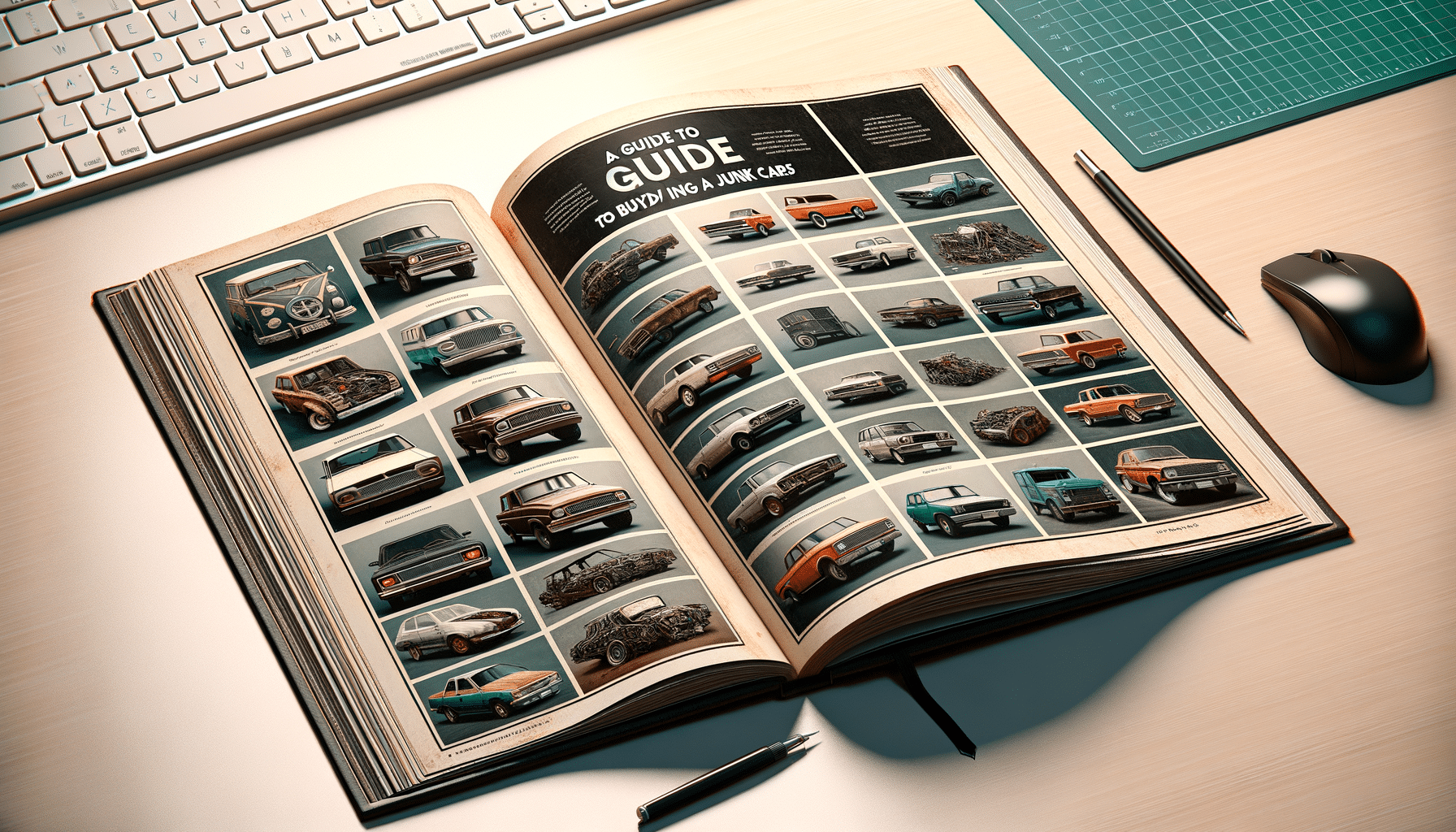
A Guide to Buying Junk Cars
Introduction to Buying Junk Cars
Buying junk cars might not be the first thing that comes to mind when considering vehicle purchases, but it serves a variety of practical purposes. Whether you’re looking to salvage parts, restore a classic, or simply find a budget-friendly option, understanding the intricacies of buying junk cars is essential. This guide delves into the key factors to consider, ensuring you make informed decisions that align with your goals.
Assessing the Vehicle Condition
The first step in purchasing a junk car is assessing its condition. Unlike new or used cars, junk cars often have significant wear and tear, which can affect their usability and value. Start by examining the exterior for rust, dents, and other damage. Check the interior for signs of neglect or major issues like mold or severe staining. Under the hood, look for leaks, corrosion, and other signs of mechanical failure. A comprehensive assessment will help you determine if the car can be restored or if it is more suited for parts.
- Check for rust and body damage
- Inspect the interior condition
- Examine the engine and mechanical components
Evaluating Pricing and Value
Pricing a junk car can be challenging, as it often depends on the vehicle’s make, model, condition, and potential for parts salvage. Research the market value of similar vehicles to get a ballpark figure. Consider the cost of repairs if you plan to restore the car. If the car is primarily for parts, estimate the value of the salvageable components. Negotiating with the seller can also play a crucial role in securing a fair price. Remember, the goal is to find a balance between the car’s current state and its potential value.
- Research market value of similar vehicles
- Estimate repair costs for restoration
- Evaluate the value of salvageable parts
Planning for Repairs or Parts Utilization
Once you’ve assessed the condition and value of the junk car, it’s time to plan for its future use. If you intend to restore the vehicle, create a detailed plan outlining the necessary repairs and their costs. Consider whether you have the skills and tools required or if you’ll need professional assistance. For those interested in parts utilization, identify which components are in demand and can be sold or used for other projects. This planning phase is crucial to ensure that your investment in a junk car yields the desired outcomes.
- Create a detailed repair plan
- Identify in-demand parts for resale
- Consider professional assistance for complex repairs
Legal and Environmental Considerations
Purchasing a junk car involves several legal and environmental considerations. Ensure that the seller provides a valid title to avoid future ownership disputes. Check local regulations regarding junk car purchases and ensure compliance with environmental laws, especially if the vehicle requires disposal of hazardous materials. Understanding these aspects not only protects you legally but also contributes to environmental responsibility.
- Obtain a valid title from the seller
- Understand local regulations on junk cars
- Comply with environmental laws for hazardous materials
Conclusion: Making Informed Decisions
Buying a junk car can be a rewarding experience when approached with careful consideration and planning. By thoroughly assessing the vehicle’s condition, evaluating its value, and planning for repairs or parts utilization, you can make informed decisions that align with your goals. Remember to factor in legal and environmental considerations to ensure a smooth and responsible transaction. With the right approach, a junk car can become a valuable asset, whether for restoration, parts, or other creative endeavors.


